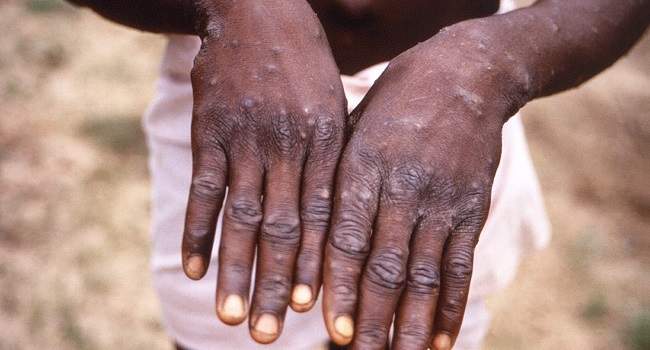Global Public Health Crisis Declared as Mpox Surges in Africa
In a drastic move, the World Health Organisation (WHO) has declared the mpox surge in Africa a global public health emergency, its highest level of alarm. The decision follows a meeting of experts who advise WHO Director-General Tedros Adhanom Ghebreyesus on the severity of the situation.
The emergency comes as mpox has ravaged the Democratic Republic of Congo (DRC), where the virus was first discovered in humans in 1970, and spread to several other countries. According to Tedros, the more than 14,000 reported cases and 524 deaths in DR Congo this year have already surpassed last year’s total.
The rapid spread of mpox, particularly through sexual networks, has raised concerns globally. Tedros emphasized that the decision was made to coordinate a global response to prevent transmission, treat those infected, and save lives. The WHO will work closely with affected countries to leverage its on-ground presence and resources.
A public health emergency of international concern (PHEIC) is the highest alarm WHO can sound. This declaration triggers emergency responses worldwide under the legally binding International Health Regulations. It is the second PHEIC declared on mpox, with the previous one focused on a different and more deadly strain of the virus.
Mpox, formerly known as monkeypox, is a highly infectious disease caused by a virus that is transmitted to humans through infected animals and close physical contact. The disease causes fever, muscle aches, and large boil-like skin lesions.
Dr. Marion Koopmans, director of the Pandemic and Disaster Management Centre at Erasmus University Rotterdam, warned that a PHEIC raises the level of alert globally, but also highlights the need for increased funding for emergency response. She emphasized the priority to invest in diagnostic capacity, public health response, treatment support, and vaccination, despite challenges facing the DRC and its neighbours, who lack resources.
The Red Cross has scaled up preparedness measures in Africa, particularly in the heavily affected eastern DRC, and the International Federation of the Red Cross and Red Crescent Societies has expressed “profound concern” over the virus’s spread. With its broad network, the IFRC is prepared to play a crucial role in containing the disease, even in hard-to-reach areas.
The declaration is only the seventh time WHO has taken such action since 2009, including instances of H1N1 swine flu, poliovirus, Ebola, Zika virus, Ebola again, and Covid-19.
